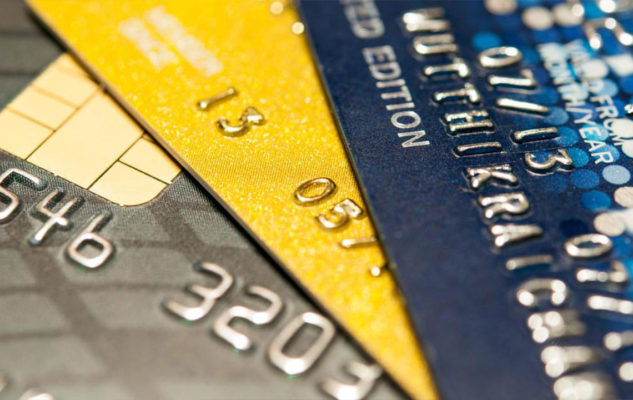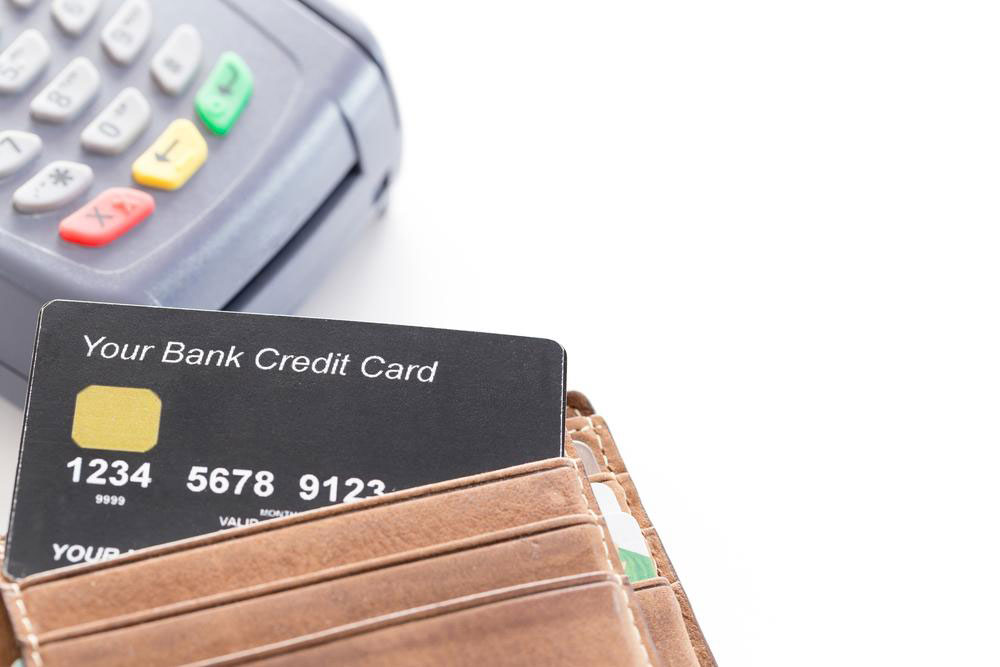Understanding the Key Differences Between Credit and Debit Cards
This comprehensive guide explores the differences, advantages, and security features of credit and debit cards. Understand which option suits your financial needs, how they impact your credit score, and best practices for safe usage. Whether you seek rewards or security, knowing the distinctions helps in making informed financial decisions and maintaining your financial health effectively.
Sponsored

Understanding the Differences Between Credit and Debit Cards
In today's financial landscape, owning a credit or debit card is commonplace and often essential for cashless transactions. Both are plastic cards embedded with a magnetic strip and a unique 16-digit number to identify them.
Differences Between Debit and Credit Cards
Debit cards are issued by banks to account holders, enabling seamless transactions and promoting a cashless economy.
One key distinction is that not everyone qualifies for a credit card.
Credit cards are offered by banks after an application process that includes creditworthiness checks.
Debit cards allow access only to the funds available in your bank account, whereas credit cards let you borrow money up to a certain limit.
With a credit card, you make purchases on the bank’s behalf, repaying within a specified period, while debit cards draw directly from your deposited funds.
Advantages of Credit and Debit Cards
Debit cards promote safe spending, helping individuals avoid overextending financially, especially beneficial for those prone to impulse buying.
Credit cards, however, often come with rewards programs, cashback offers, and points that can be redeemed for travel or other benefits.
Furthermore, credit card activity is frequently used by banks and financial institutions to evaluate your creditworthiness, contributing to your credit score. Proper use of credit cards can help establish or improve your credit history.
Security Compared: Credit vs. Debit Cards
If a debit card is lost or stolen, funds are immediately withdrawn from your account, and reclaiming the money can be a lengthy process, dependent on the bank’s policies. Conversely, credit cards can be swiftly blocked upon report, limiting your liability and preventing unauthorized charges.
In conclusion, both cards have their benefits depending on your financial habits. Practicing responsible use is crucial in managing your financial safety and credit health.






